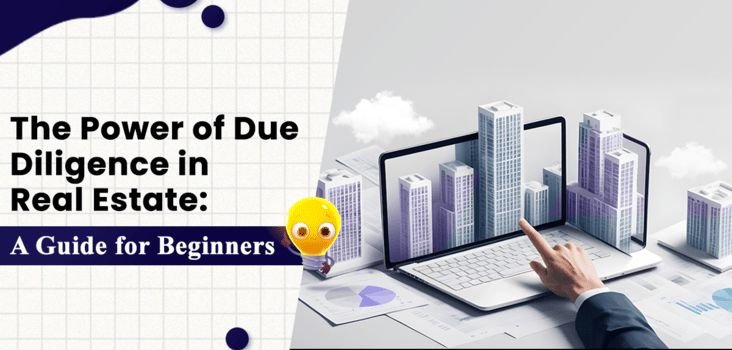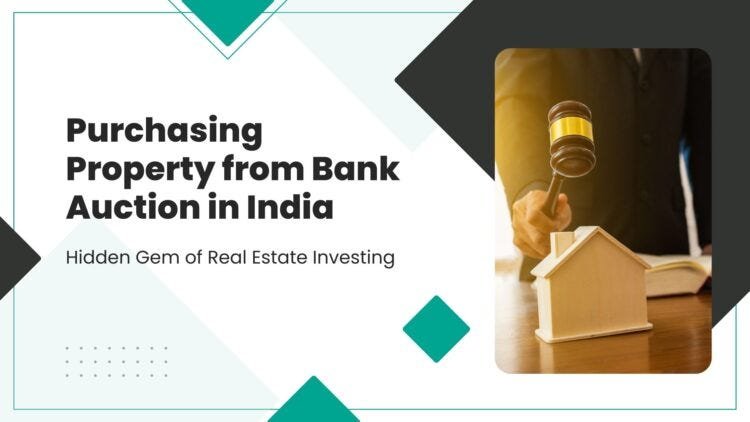Section 30 of the SARFAESI Act, 2002 throws up an interesting roadblock when it comes to dealing with violations. Imagine a whistleblower wanting to expose someone breaking the Act's rules – they can't just march into any court and spill the beans. This section lays out the rules of engagement:
Only two entities can sound the alarm:
- The Central Registry: Think of them as the financial record keepers of the Act. If they detect someone messing with registration requirements or filing false information, they're the ones authorized to file a formal complaint.
- The Reserve Bank: Their role comes into play when specific penalties related to non-compliance with the Act's directives are involved. They issue the green light for prosecution in such cases.
- And here's the catch: It's not just any officer within these institutions who gets to wield the complaint-filing power. Both the Central Registry and the Reserve Bank have to designate specific individuals, either on a general or case-by-case basis, to act as the official voices of concern.
So, why this extra layer of gatekeeping? This section ensures that:
- Frivolous complaints are kept at bay: Only authorized officials with the proper understanding of the Act can initiate legal proceedings, preventing needless harassment and clogging up the legal system.
- Serious violations get the spotlight: This system ensures that genuine and potentially damaging breaches of the Act don't slip through the cracks. Designated officials with expertise can assess the situation and decide whether formal action is warranted.
- Proper coordination is maintained: Limiting complaint-filing authority helps streamline the process and ensures smooth collaboration between the Central Registry, the Reserve Bank, and the judicial system.
In essence, Section 30 acts as a filter, ensuring that the alarm bell for SARFAESI Act violations is rung only when necessary and by the right hands. It promotes a responsible and efficient approach to tackling rule-breaking while safeguarding against frivolous accusations





